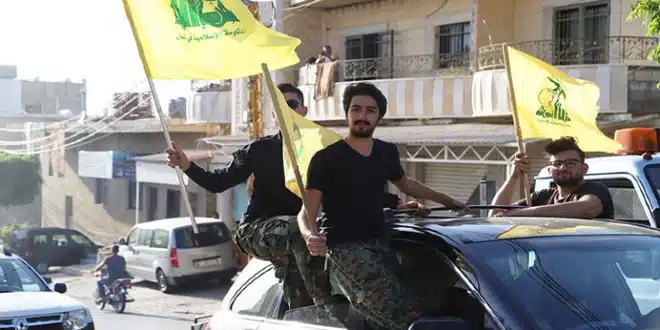Free Patriotic Movement (FPM) leader Jebran Bassil reiterated on Tuesday that any weapons not under state control are illegitimate. In a televised address, he stressed that the FPM “firmly believes” in limiting the possession and command of arms to the Lebanese state alone, without “any partnership or interference” from outside actors.
Bassil said this stance is rooted in the Taif Agreement, which called for the disbandment of all militias following the Lebanese Civil War. He noted that the agreement was never fully implemented, leading to an exception for “resistance” arms and leaving other provisions unfulfilled. “It is time,” he said, “to implement this clause along with other measures such as decentralization, abolishing sectarianism, and establishing a senate.”
Changing Realities and the Hezbollah Question
According to Bassil, evolving political and security dynamics have prompted the FPM to update its approach toward the weapons issue. He argued that the original deterrent role of Hezbollah’s arsenal has diminished after the group engaged unilaterally in the “war of support” for Gaza and subsequent clashes with Israel.
He warned that the very existence of non-state arms has now become “a source of threat, danger, and great harm” to Lebanon. Bassil insisted these weapons must be transferred exclusively into state hands and removed from alignment with “any regional axis.”
Rejecting Civil War Threats
Bassil firmly opposed any attempts to use “blackmail or threats of civil war” to block the unification of all arms under the state’s command. Such intimidation, he said, undermines national sovereignty and the goal of a unified defense strategy.
By tying the disarmament demand to broader political reforms, Bassil positioned the FPM’s stance as part of a larger push to fully implement the Taif Agreement and strengthen state authority over Lebanon’s security landscape.


